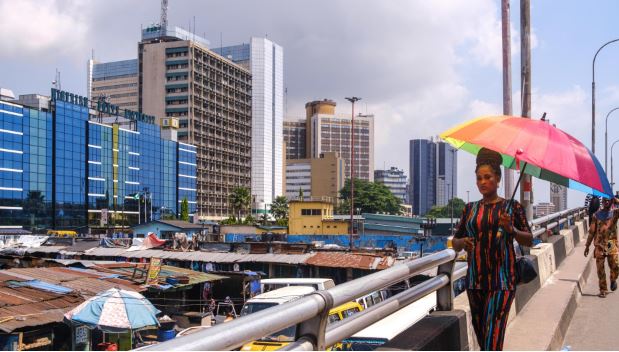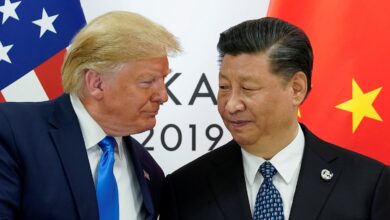Nigeria Intensifies Fight Against Inflation with Major Interest Rate Hike to 24.75%

In a bold move to combat the country’s soaring inflation and ongoing currency crisis, Nigeria’s central bank has announced a significant hike in its interest rate, setting it at an unprecedented 24.75%. This decision reflects the central bank’s intense efforts to stabilize the nation’s economy, which has been grappling with inflation rates that undermine the purchasing power of its citizens and pose a severe challenge to economic growth.
The aggressive interest rate increase is aimed at curtailing inflation by making borrowing more expensive, thereby reducing consumer spending and slowing down the inflationary spiral. Additionally, this move is expected to bolster the Nigerian naira by attracting foreign investment, as higher interest rates offer better returns for investors, potentially easing the currency crisis that has troubled Africa’s largest economy.
Nigeria’s economy, characterized by its reliance on oil exports, has been vulnerable to global oil price fluctuations and domestic challenges, including security issues and infrastructure deficits. The currency crisis, exacerbated by these factors, has led to a depreciation of the naira, further complicating the inflationary pressures.
The central bank’s decision has sparked diverse reactions. Some analysts commend the bold stance against inflation, viewing it as a necessary pain for long-term stability. Others, however, express concerns over the impact on businesses and households already struggling under the weight of high costs, fearing that the higher borrowing costs could stifle economic growth and lead to increased unemployment.
As Nigeria takes this decisive step, the global community watches closely. The outcomes of this policy will not only influence the country’s economic trajectory but also offer insights into the effectiveness of interest rate adjustments as a tool for managing inflation and currency stability in emerging markets.
This development is a crucial moment for Nigeria, as it navigates through economic turbulence with measures that could reshape its future prosperity. Stakeholders, from local businesses to international investors, are keenly observing the impacts, hopeful for positive changes that can restore confidence in the Nigerian economy.





